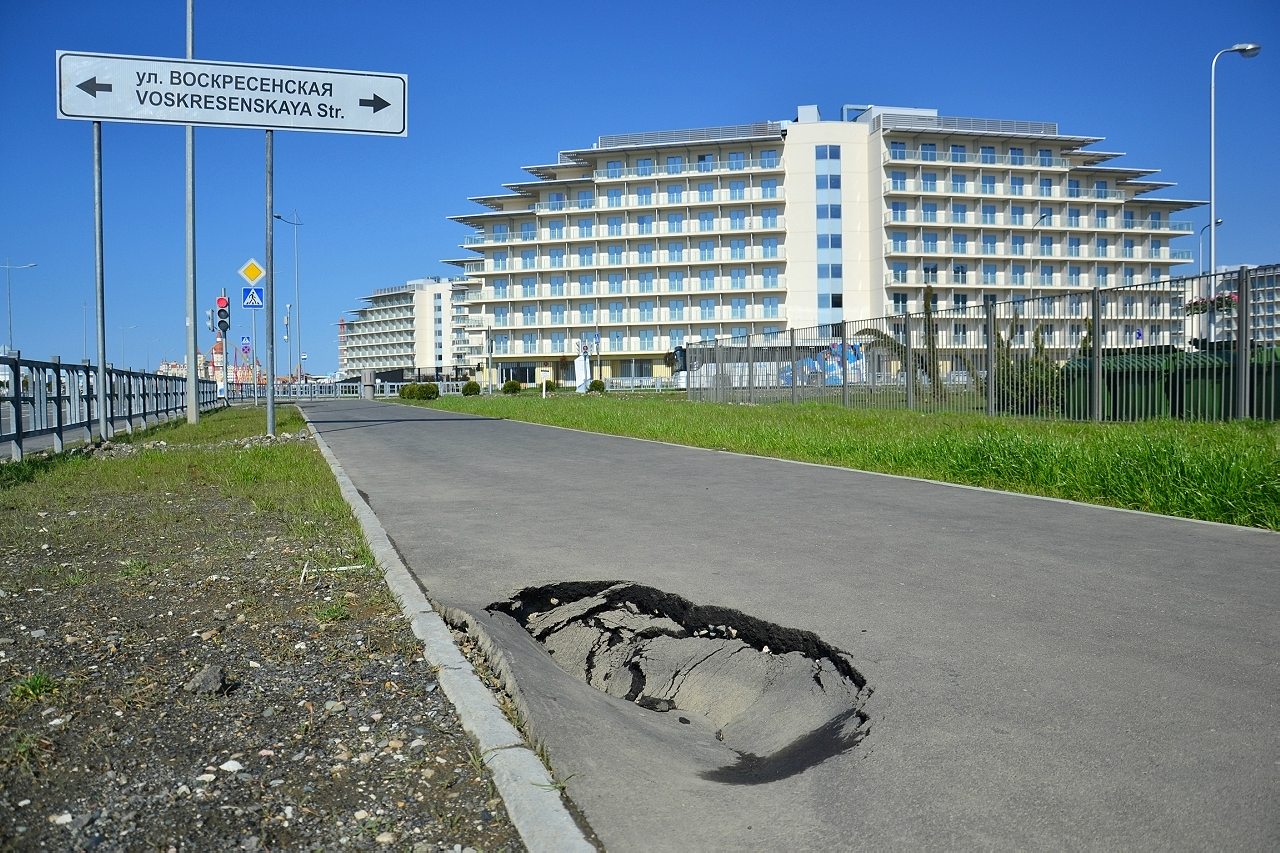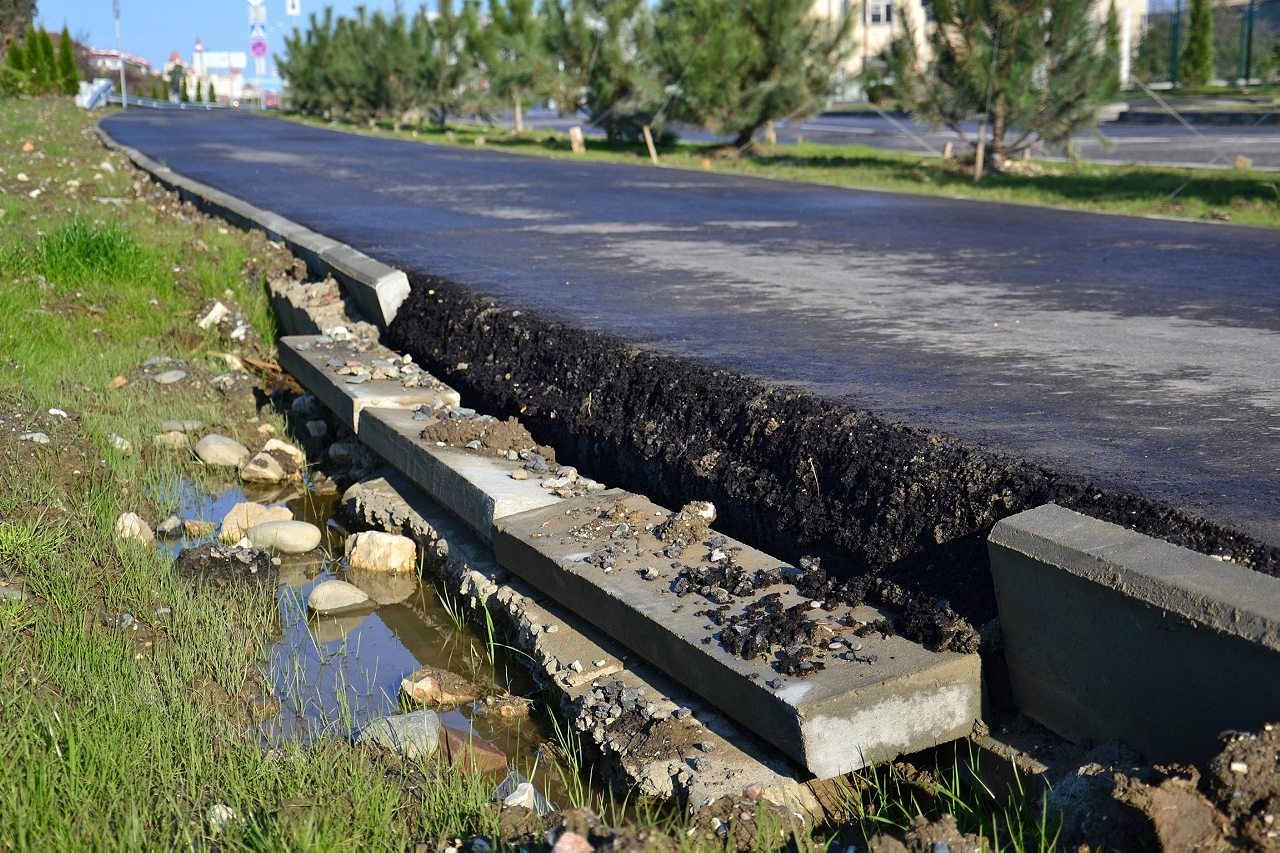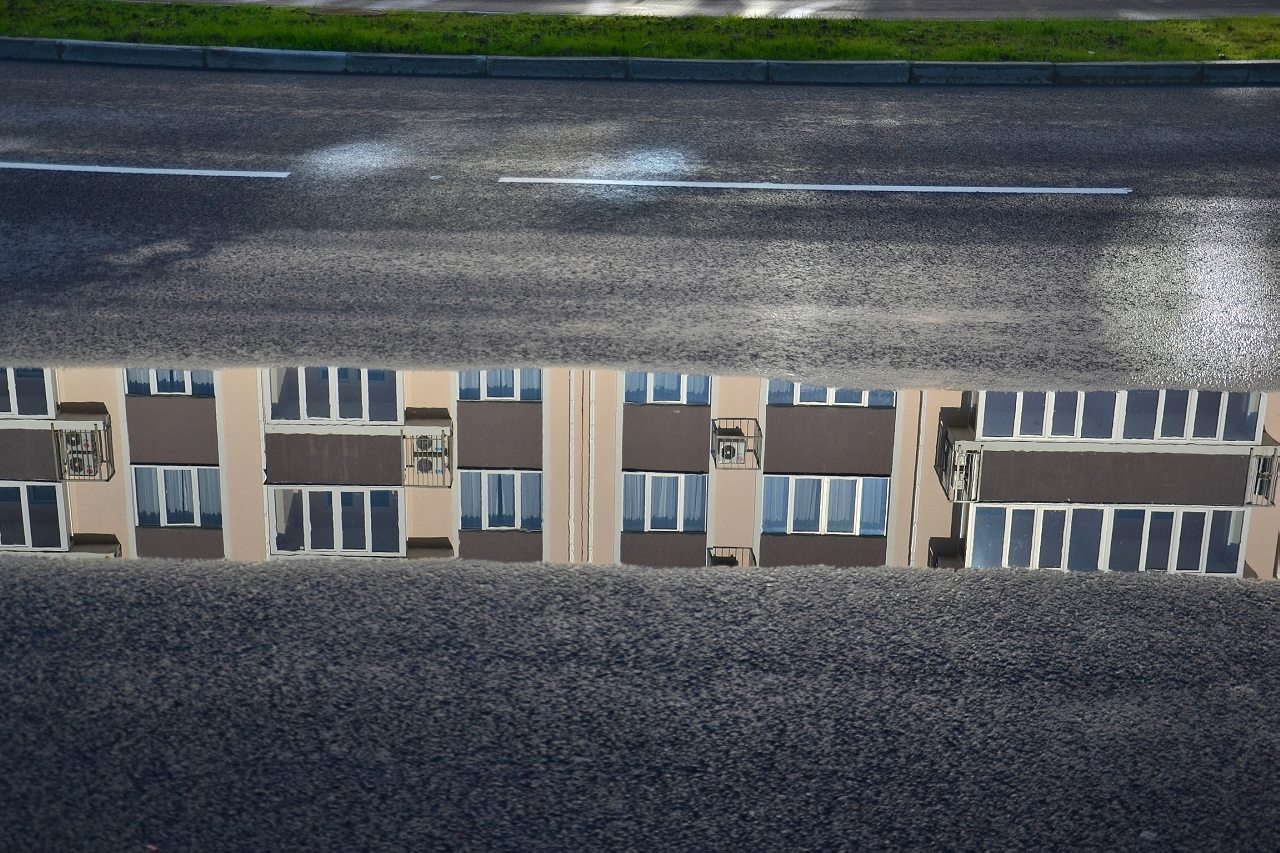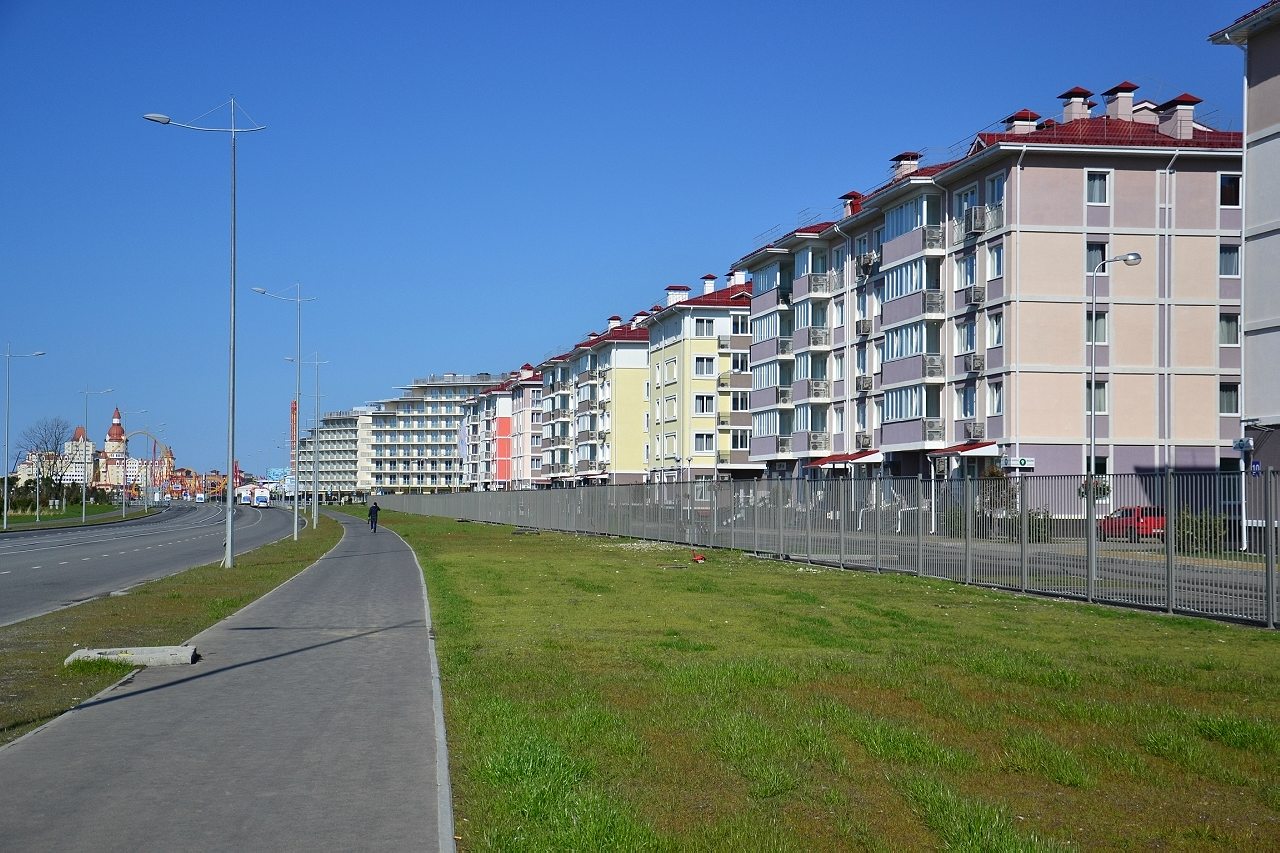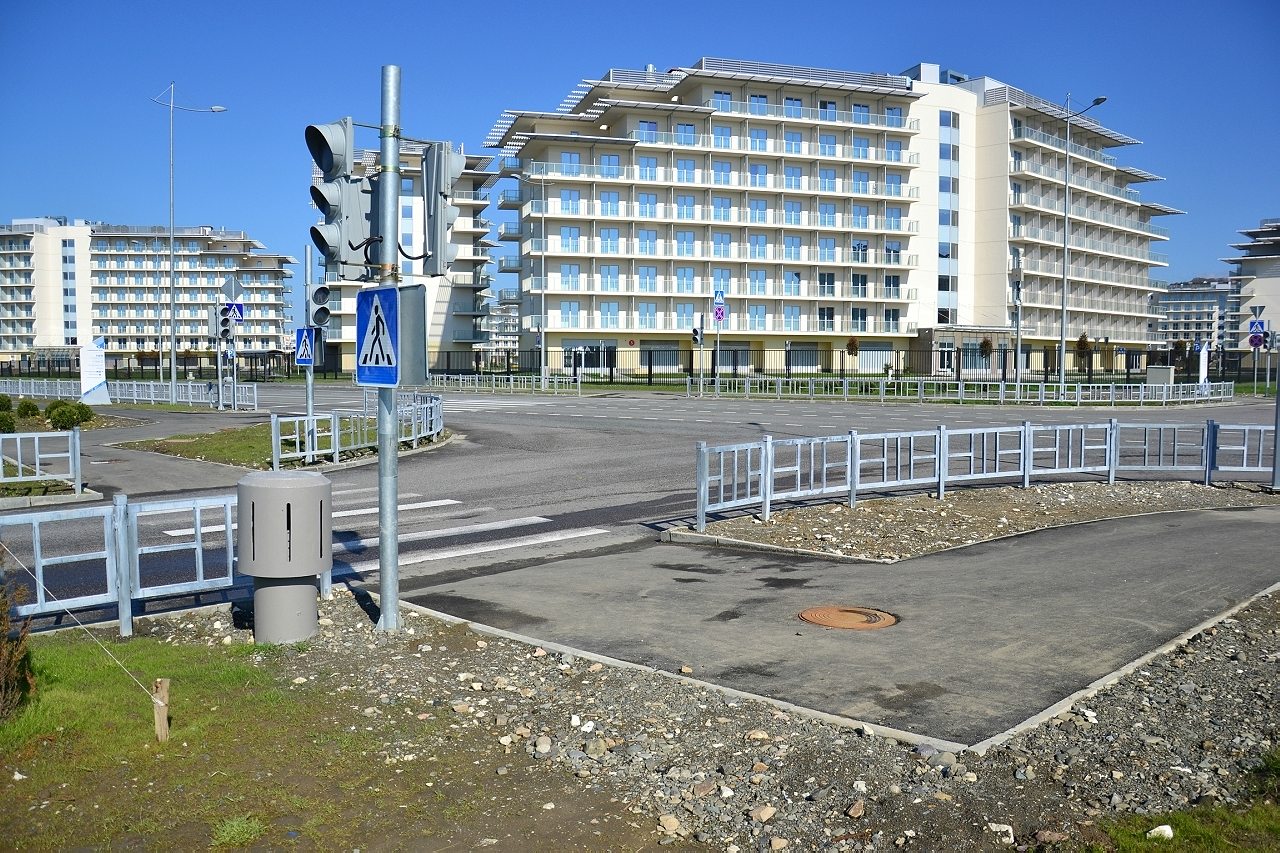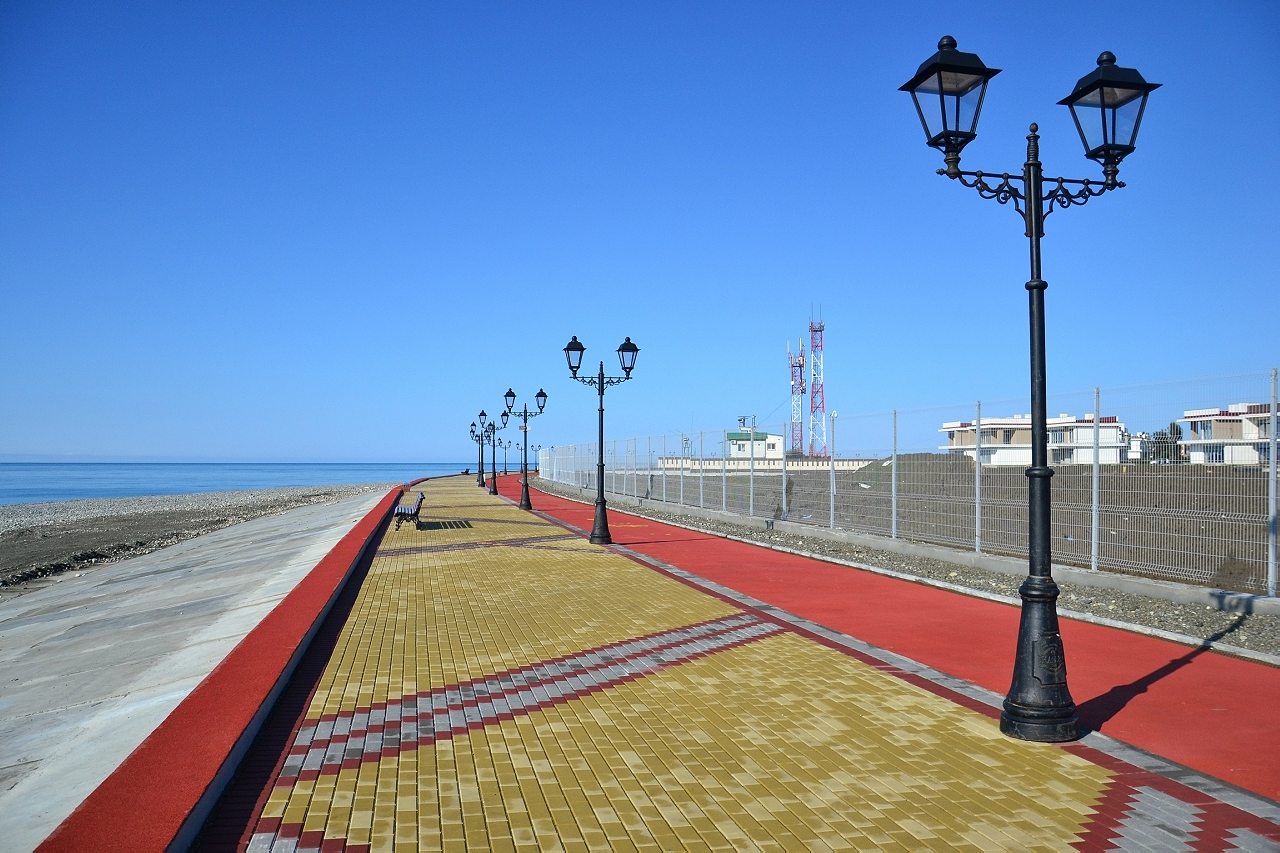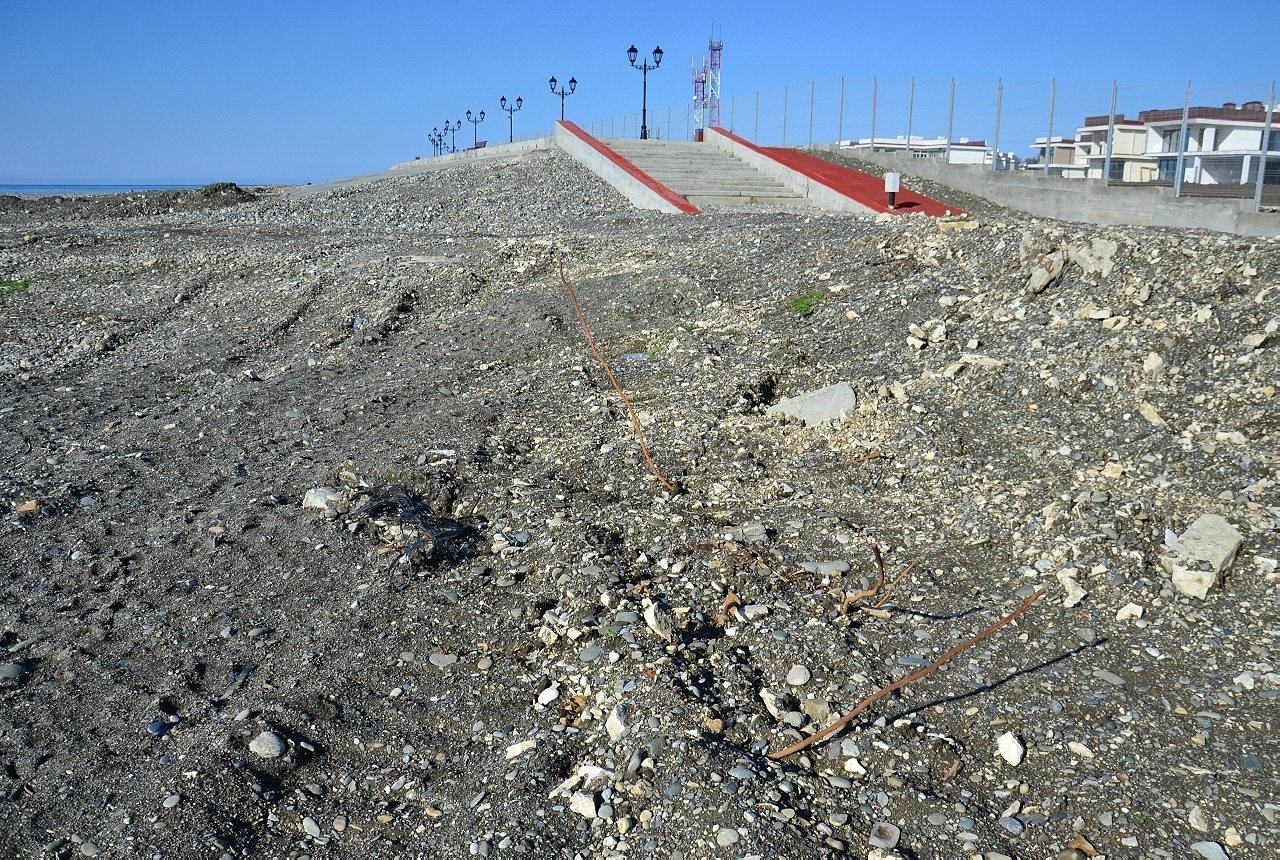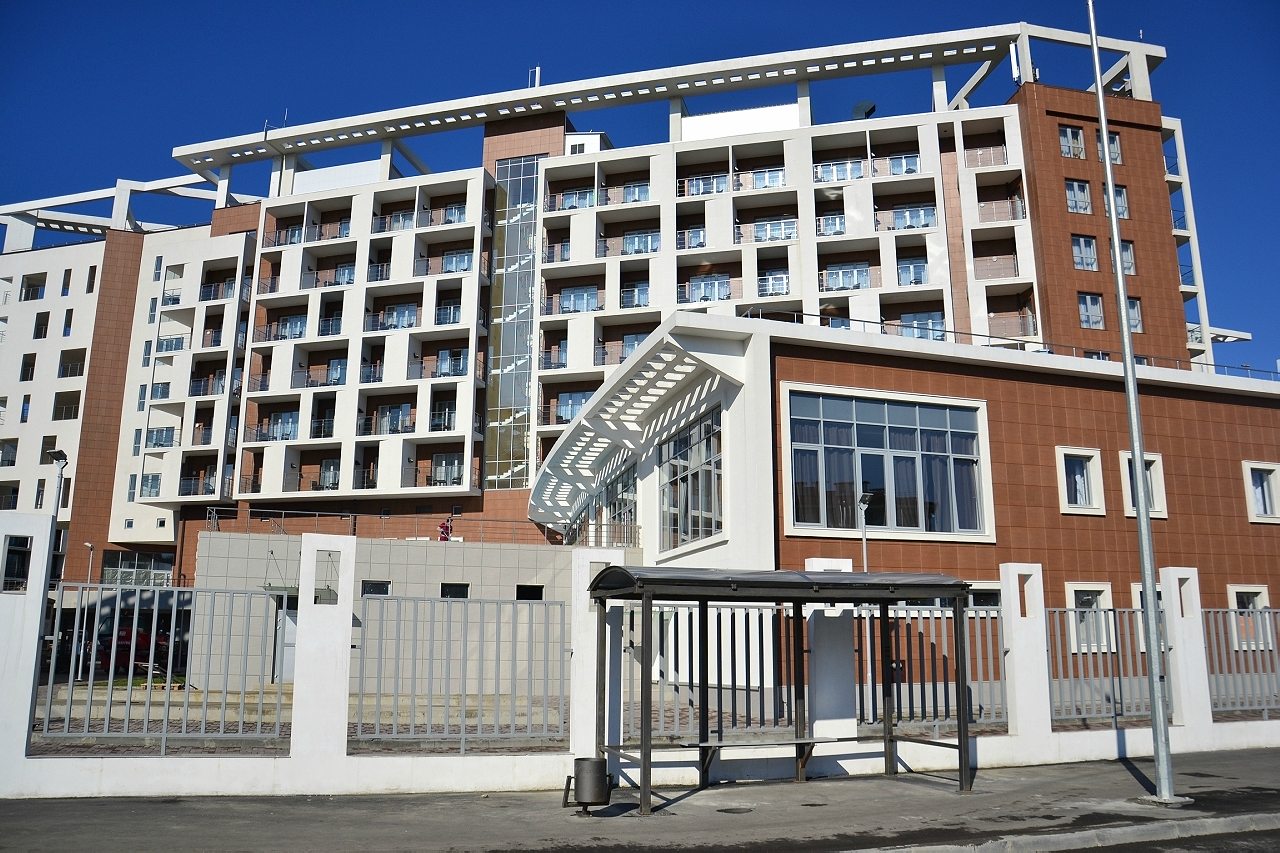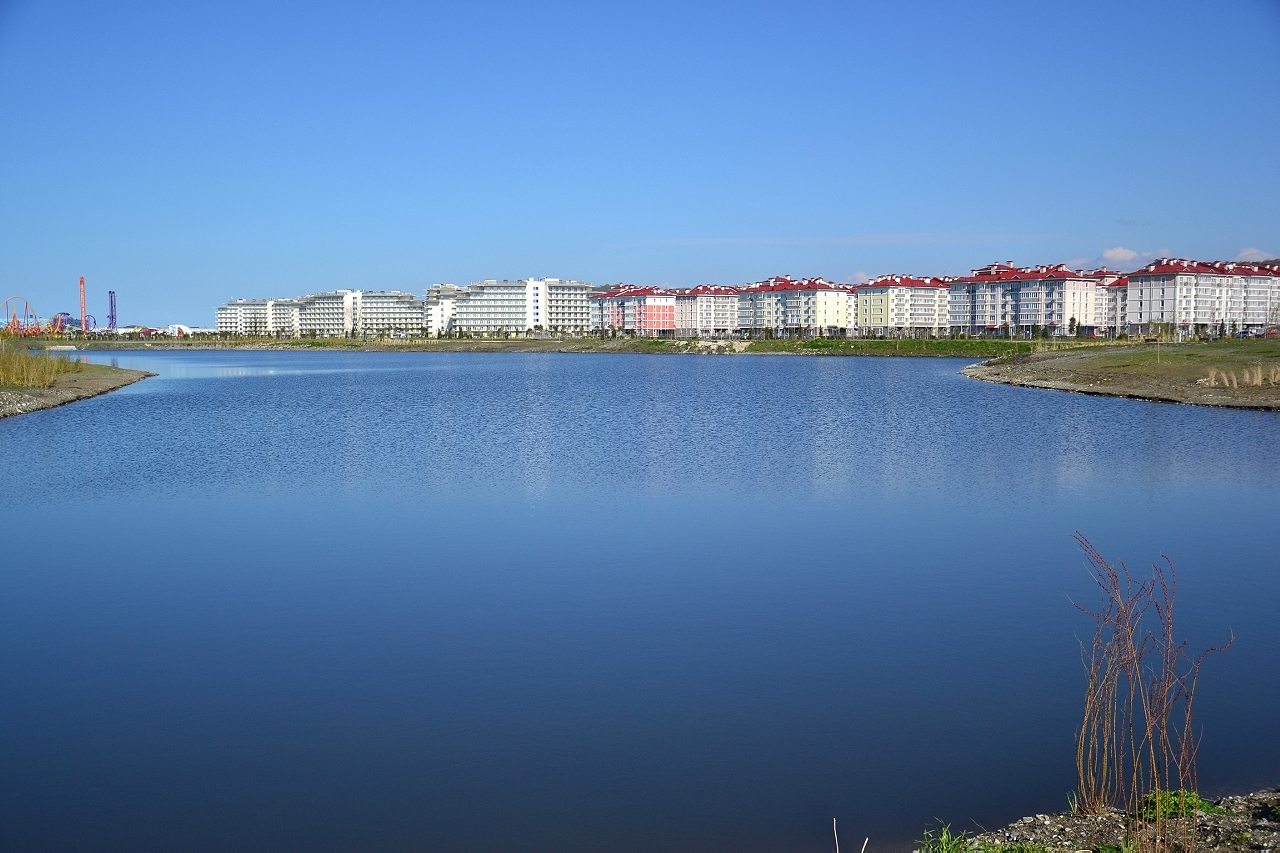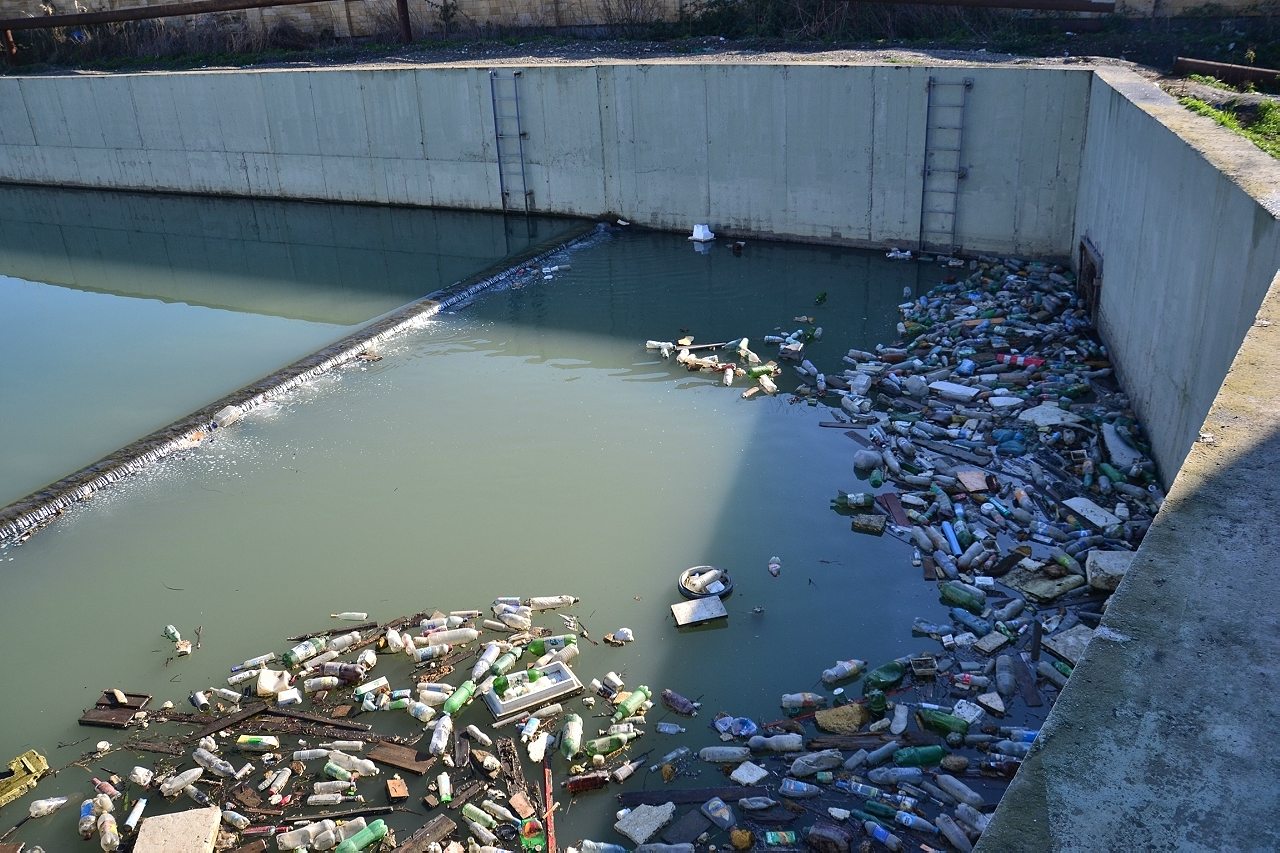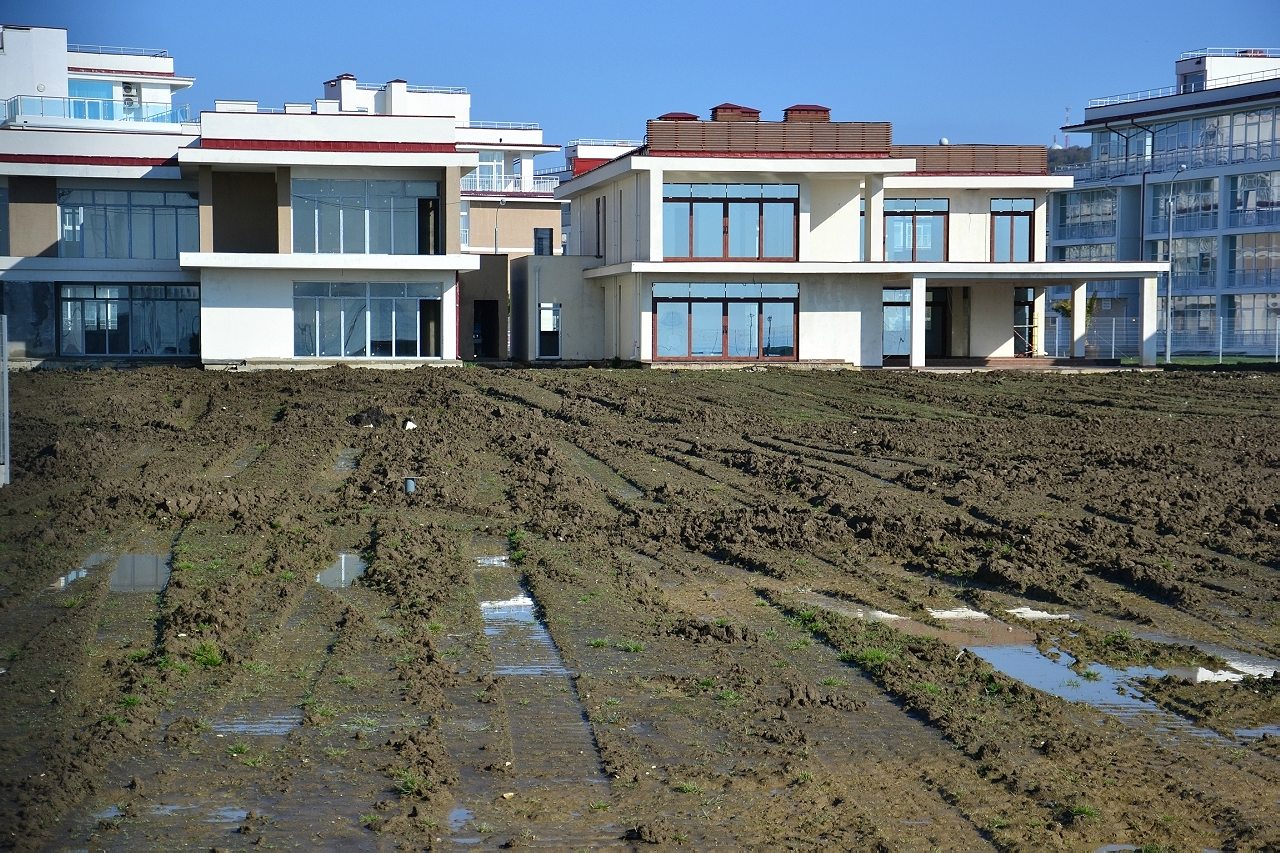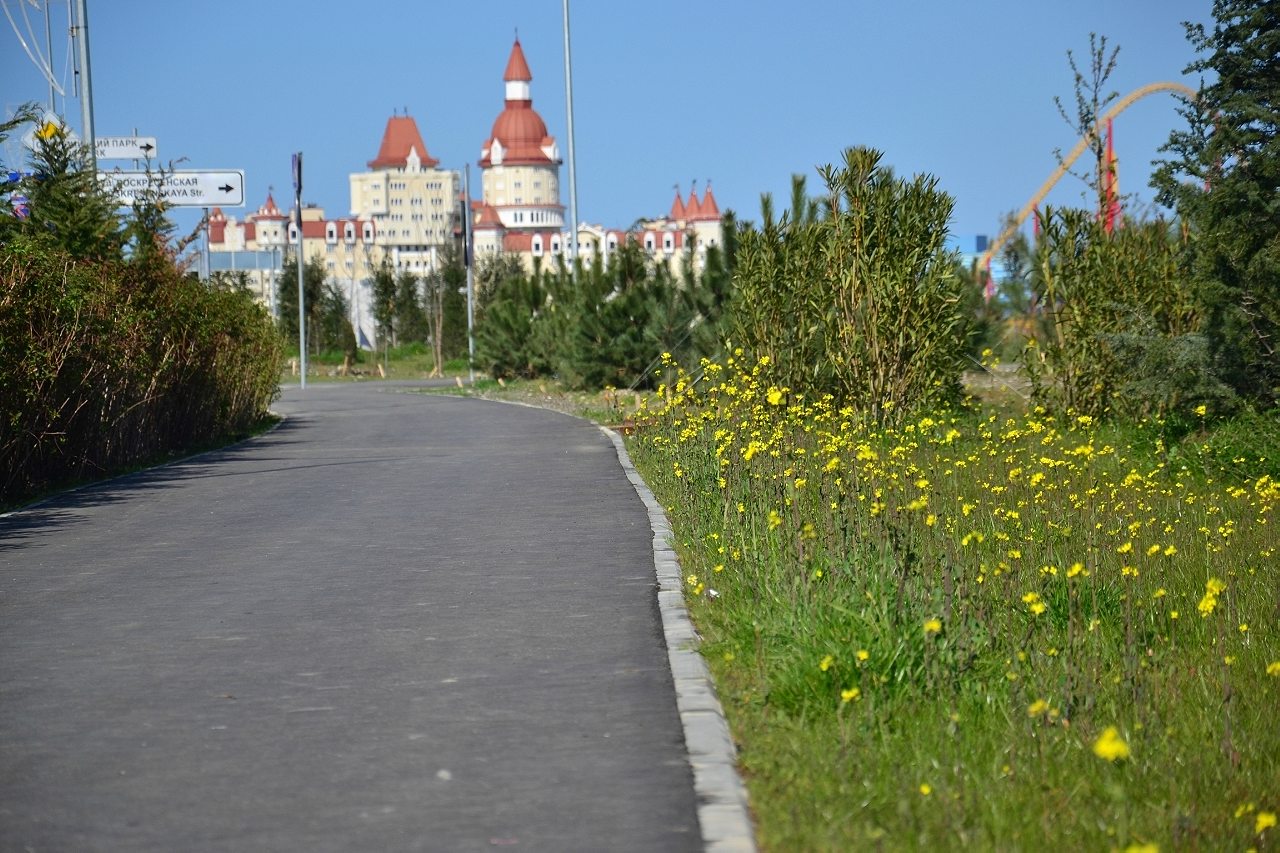Photo Essay: The Olympic Village in Sochi, after the circus left town.
Ashes to ashes, Olympic Village to dust. When I stood with Andrey Martinov in front of the ruins of his home near Sochi’s Imeritinsky Beach a year and a half before the Olympics, it was hard to picture the enormity of the development the government had planned for the area. But the buildings rose, the new trains began service, and the ill-advised concrete boardwalk was completed in time for NBC Sports’ Al Michaels to jog down it.
But Russia’s expulsion from the G8 this week was bad news for the Putinkin Village on the Black Sea. It means the cancellation of the scheduled G8 summit in Sochi; the next international event for Sochi now won’t be until October’s Formula One race. No one ever thought the Olympic village was destined for permanence, but Sochi doubled its hotel capacity to 50,000 rooms, and its whole plan centered on having western tourists fill those rooms, which now seems politically quite unlikely.
The editor-in-chief of BlogSochi, Alexander Valov, has been a clear-eyed documentarian of the rise of Olympic Sochi, and his latest report was this photoessay, which he calls Dead City. This is the emptiness of Sochi, in the shoulder season, before the domestic beachgoers arrive. Will they be enough?
